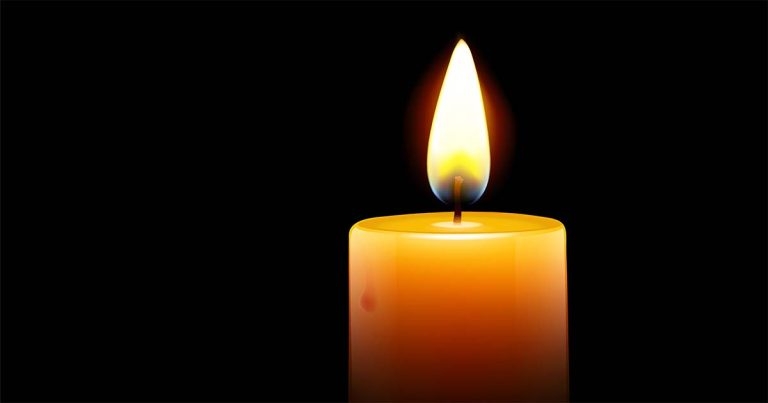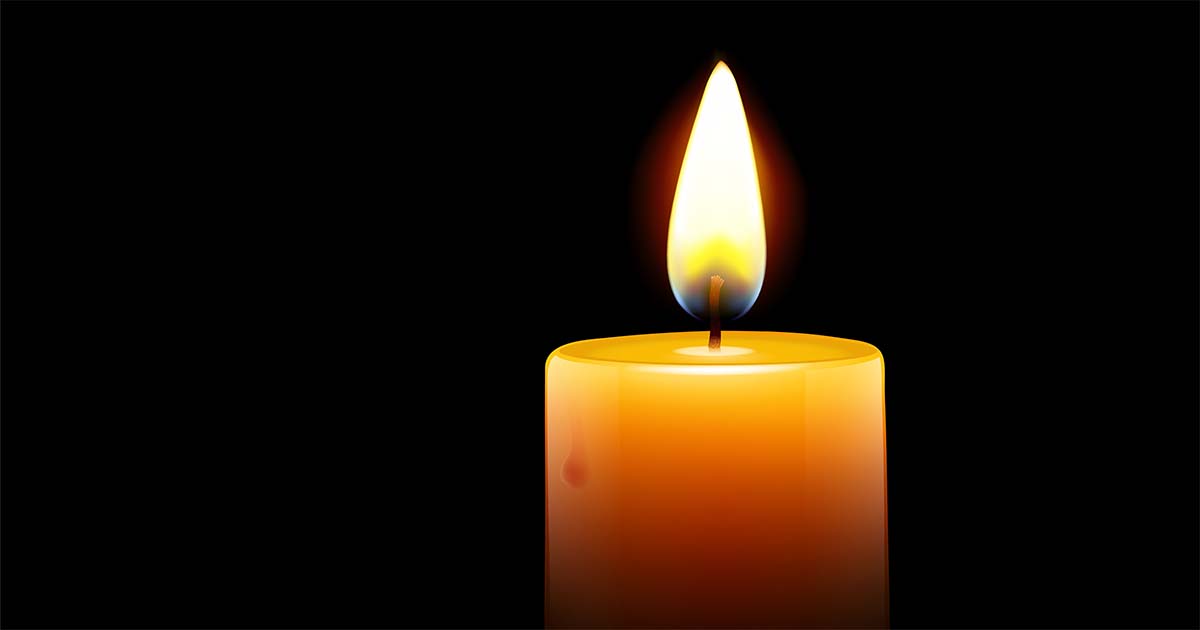8 Jul 2022
RVN Hannah Olliff-Lee shares her personal experience of suffering burnout and compassion fatigue, highlighting the causes and signs, as well as tips for getting your mojo back.

Image © Pixel Embargo / Adobe Stock

I am a burnout survivor. It feels really empowering to share this with you. Maybe, in some way, it makes the journey easier to bring some people with me. I wanted to share my discovery and journey with as many people as possible so we can combat burnout in the profession.
I remember a colleague asking me how I was once, and I said: “I’m tired.” She replied: “You always seem to be tired.” I was stunned. What I didn’t realise was this was the one palpable feeling I could actually understand. I was burned out – there was nothing left except fatigue.
All my colleagues could see was someone functional who just moaned they were tired all the time. The fact of the matter was my nervous system had been on red alert for years until I had become so attuned to functioning while exhausted: habitual burnout (yes, there’s a term for it).
I began to feel detached, like I was just going through the motions. My empathy to patients and colleagues wasn’t real anymore – it was just a play I knew the script to. I was frustrated at small inconveniences; sick on and off; had a painful, bloated gut; and struggled to sleep. It wasn’t uncommon either for me to get headaches that would physically make me vomit. Simply, I was on my knees, but no one could see it – not even me.
Every blow hit me – not just on a physical level, but emotionally, too. I felt I wasn’t good enough and I would mentally bully myself for not being the “best”.
It took a long time to realise I was completely burned out and suffering with compassion fatigue.
Burnout is not a raging inferno, or even a goblin who pops up and demands a blood sacrifice. It’s like a lit candle; slowly the wick burns down until there’s nothing left. The wax has melted away and the candle has burned out. It won’t light again, but don’t worry – we are those candles in glass jars where the wax melts at the bottom, solidifies with a rest and then allows its light to shine brightly again. This is a fairly clumsy metaphor, but you get it – we all have our own light we want to shine.
Until now I’d spoken a lot to others about burnout and preventing it, without realising I was being the world’s biggest hypocrite. I couldn’t see the signs in myself at all.
Because of the empathetic and caring nature of veterinary professionals, we are prone to burnout. We serve ourselves up regularly to give all we have to the cause.
Why are we so concerned about burnout? Not only is it pretty rubbish to experience, but it also has some pretty hefty repercussions for your later life, such as links to mental health disorders and health conditions due to long-term stress.
Where does burnout come from? The simple answer is stress. Long-term exposure to stress causes burnout. For me personally, I think it was an evolution of high-functioning anxiety, or the fear of being blamed, getting it wrong, being sued or losing my job.
Did you know that one in five workers in the UK feels unable to manage pressure and stress levels at work? I wonder what that would be like in the veterinary profession alone?
What do I need to look for? Here are some questions to help you notice signs of burnout in yourself:
What can we do about it? As a recovering burnout victim, I can tell you no simple fix exists. It has probably taken me years to feel how I do now and I know I still have a way to go.
The journey has been a slow one, but one full of self-discovery. I now know what fills up my cup and what drains it; I know more about my emotional and physical state than ever before, and I am putting myself first. How did I reach this revelation? Well I didn’t, I just put one foot in front of the other until it began to make a difference. Here are some things you can do to help begin healing:
How did I begin my recovery? I admitted that I had burnout and stopped caring for myself, and began an internal focus. I really took the time to look at how little I’d been caring for myself because I was so busy looking after everyone else.
My body and brain needed some TLC, and if I didn’t get it, I was going to crumble. I started simply – I treated myself like a sad-looking stray dog someone had decided to rehome. I went to the doctor for a check-up and well-being prescription (these help with weight loss and lifestyle changes), I had an eye test, saw the dentist and even found time for a workout three days a week. I went back to my old hobbies and reminded myself what it was to be obsessed with something I loved. Step by step my enthusiasm, creativity and mojo came back. My flame is slowly flickering back into life and will soon be a light the world can see. Yours can, too – just take some time to nurture it.